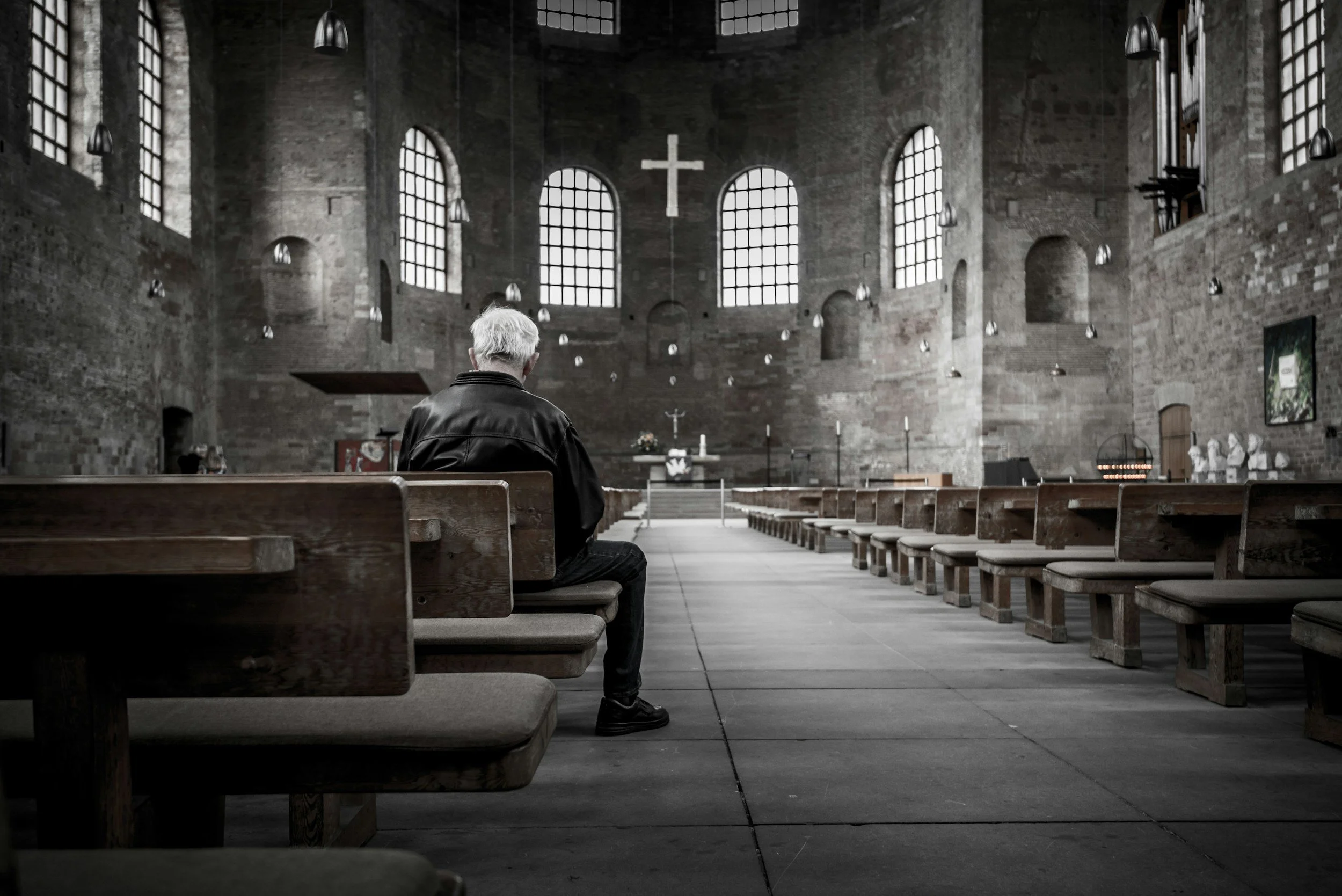p/c Stefan Kunze via unsplash
Some iterations of Christianity assume that the goal of salvation is to merely return to Eden. To “re-start” as it were; to “go back to the garden” having had the thousands of years between creation and consummation carefully redacted from our account of glory.
But Eden was never the goal. It was not the telos. It was original but not eschatological. It was a beginning which always directed humanity beyond itself. Sin messed a lot of things up, but it didn’t change the plan: God always intended to move humanity from glory to glory (cf. 1 Cor. 3:18). The rivers from Eden flowed out into a world waiting the revelation of the sons and daughters of the living God (Rom. 8:19).
The Church is the corporate movement of God’s one People towards glory. This is a central part of all of Paul’s letters: there is now only one People of God —the people unified in Jesus the Messiah. Salvation has not only an individual character to it, but a social and civic one as well. This is not a “work of the flesh” but a gift of our redemption. Henri de Lubac summarizes it this way:
“Glory” is the blossoming of “grace”, and the beatific vision marks the completion of the mystery of unity to which creation was the prelude” (1988, 112).
This may sound abstract but it is as real as the person who sat next to you at church yesterday. If the goal of my life is a kind of return to a prelapsarian (meaning “before the Fall”) state then I don’t really have to conceive of my life lived in the messiness of the church as a critical part of the state of my redemption. The person in the pew next to me, or driving in the lane ahead of me, or mad at my kid after church is not necessarily a part of my glory —one day I’ll forget about all this and “go back to the garden” and they with their messiness will fade away along with clothing and bacon.
But if the life of the Church is the social form of God’s redemption, if it is in and through this visible body of people that Christ is at work taking us (but not just me) from glory to glory, then these real messy parts of the local church become critical to my glory and my life in Christ —these things make-up, in fact, the things which are my life in Christ. We are those who make-up the City of God.
And our unity, for all its faults, is the truest kind of unity available to mankind, for we share not ethnic or geographical commonalities, but real unity in the Father, Son and Holy Spirit:
“Among those who are received within this heavenly city there s a more intimate relationship than subsists among the members of a human society, for among them there is not only outward harmony, but true unity” (1988, 115).
It is easy in these days of trial to speak airily about “unity” and “peace” in a way that renders both terms so abstract they mean almost nothing. The unity of the people of God is not a “niceness” but a radical commitment to dwell in the broken messy hazardous life of the local church with all of its pain, difficulty, disagreement, confession, joy, sorrow, and costly love.


